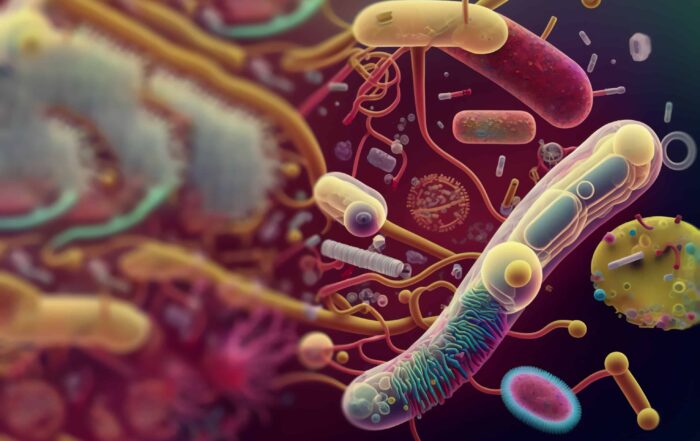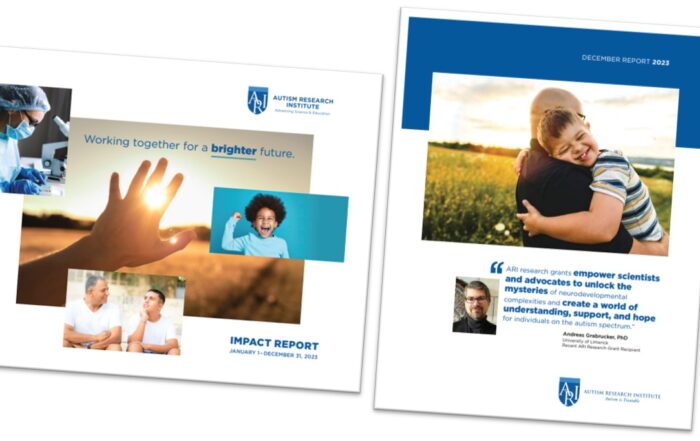Very few medical or behavioral specialists discuss driving or other transportation-related issues with patients who have ASD (autism spectrum disorders), according to a new study.
Emma Sartin and colleagues surveyed 78 providers, mostly pediatric physicians and psychologists who care for both autistic and non-autistic patients. Half of the providers reported having transportation-related discussions with non-autistic patients, while only one in five discussed transportation issues with patients with ASD. A third of providers believed they were able to assess if non-autistic patients were capable of driving, while only 8 percent believed they could assess the readiness of patients with ASD.

The researchers say helping individuals with ASD to navigate transportation issues is important because the ability to travel, whether by driving or by using public transportation, improves psychosocial, health, and employment outcomes. They also note that newly licensed young autistic drivers have similar or lower crash rates compared to non-autistic peers and that young drivers with ASD are much less likely to have their licenses suspended or to receive a traffic violation than their non-autistic peers.
They conclude, “There is a critical need to develop resources for use in medical settings to effectively support autistic adolescents’ independence and mobility as they transition into adulthood.”
Study co-author Benjamin Yerys adds, “One important way that providers can help autistic teens and their families is to start talking about driving and transportation before they get to high school. We know this seems early, but it provides more time for them to benefit from supports, including those services that come from outside of healthcare, including tailored instruction from a driving rehabilitation specialist.”
—
“Brief report: healthcare providers’ discussions regarding transportation and driving with autistic and non-autistic patients,” Emma B. Sar tin, Rachel K. Myers, Christina G. Labows, Kris tina B. Metzger, Meghan E. Carey, Benjamin E. Yerys, Catherine C. McDonald, Cynthia J. Mollen, and Allison E. Curry, Journal of Autism and Developmental Disorders, December 2021 (online). Address: Emma B. Sartin, Center for Injury Research and Prevention, Children’s Hospital of Philadelphia, 2716 South Street, Philadelphia, PA 19146, [email protected].
—and—
“Study finds few pediatric providers discuss transportation with their autistic patients,” news release, Children’s Hospital of Philadelphia, December 16, 2021.
This article originally appeared in Autism Research Review International, Vol. 36, No. 1, 2022
Editorial – Fecal Microbiota Transplantation and Autism
Over the past several years, Fecal Microbiota Transplantation (FMT) has become the subject of growing interest in the autism community due, at least in part, to the increased awareness of the gut-brain
ARI’s Latest Accomplishments
Connecting investigators, professionals, parents, and autistic people worldwide is essential for effective advocacy. Throughout 2023, we continued our work offering focus on education while funding and support research on genetics, neurology, co-occurring medical
Biomarkers start telling us a story: Autism pathophysiology revisited
Antonio Persico, MD, a recent ARI Research Grant recipient, explores the role of biomarkers in understanding autism pathophysiology. He discusses the complexity inherent to neurodevelopmental conditions and emphasizes the need to combine




